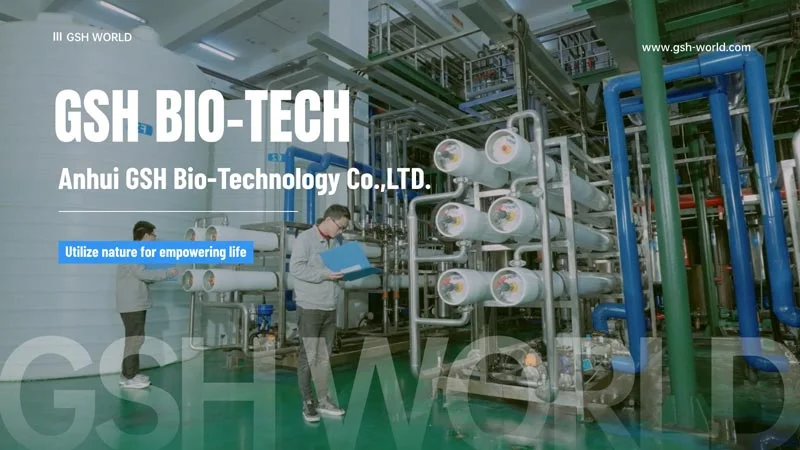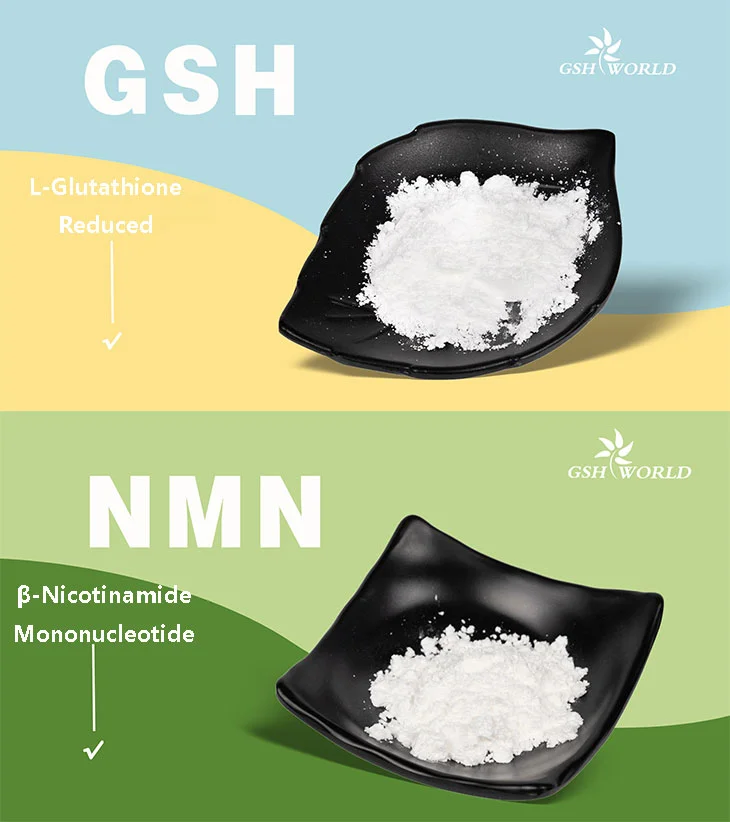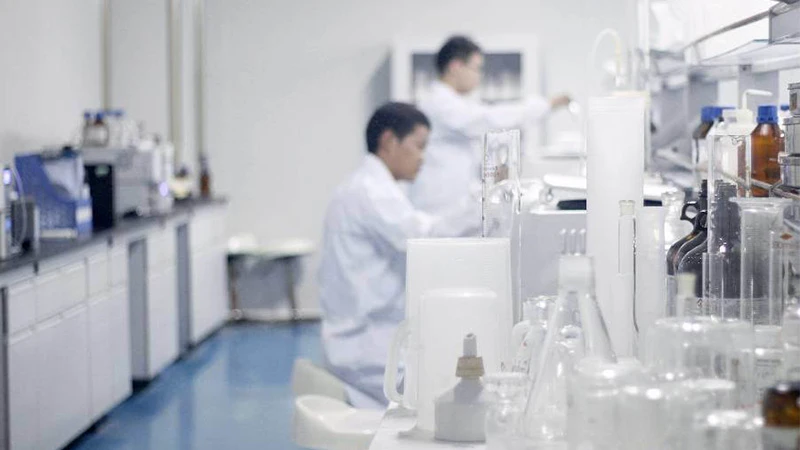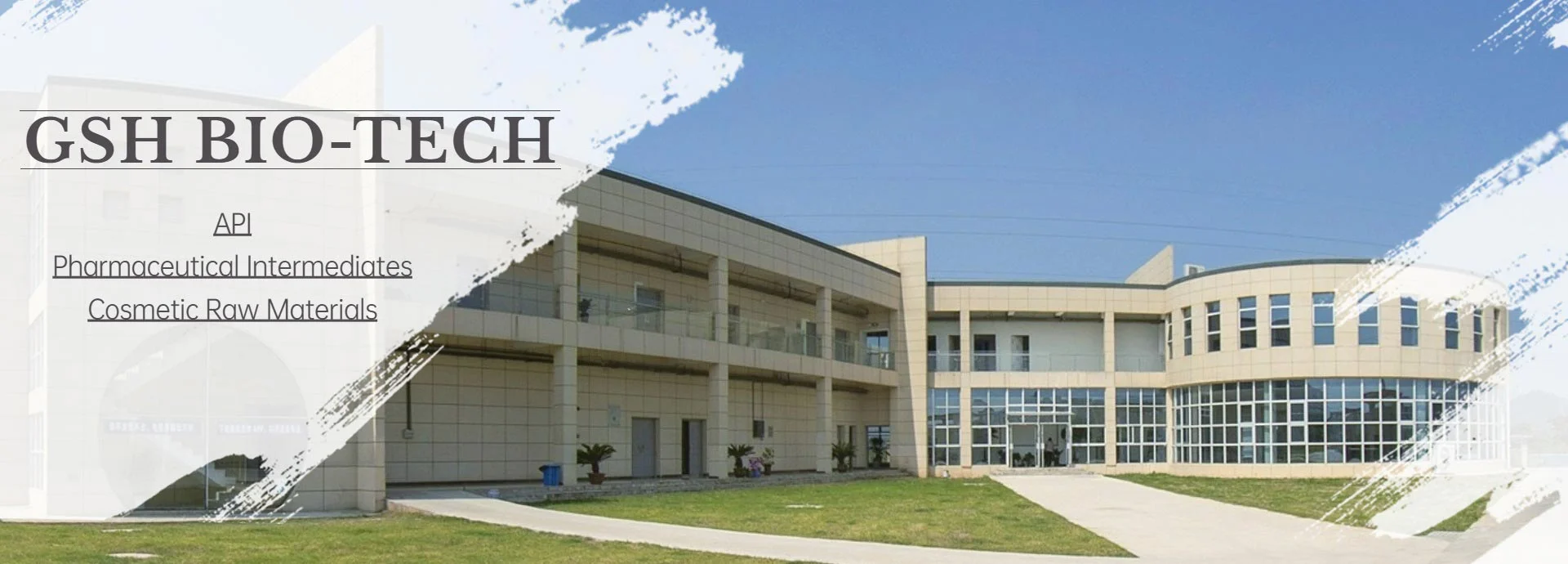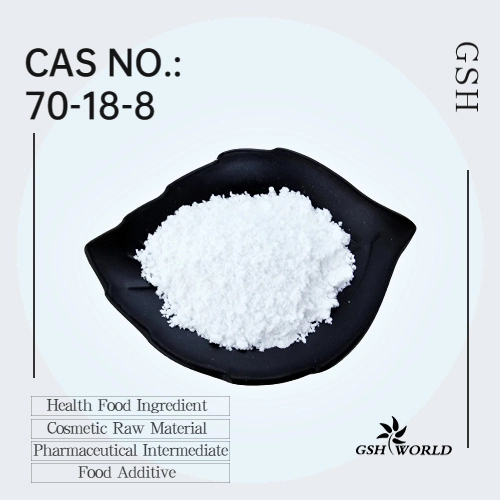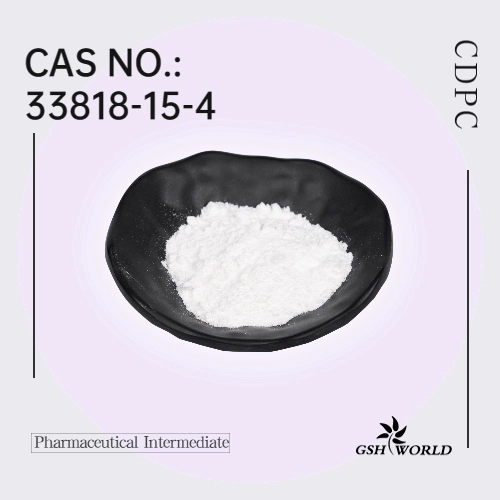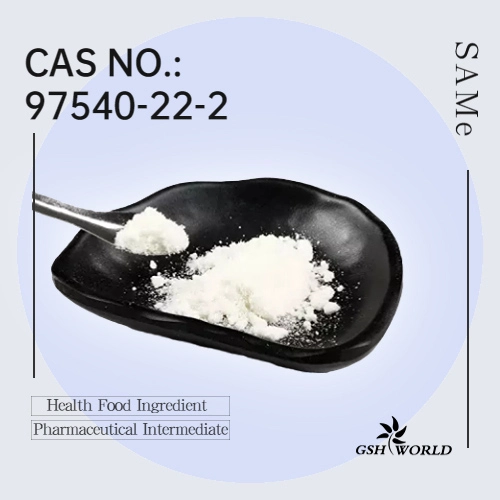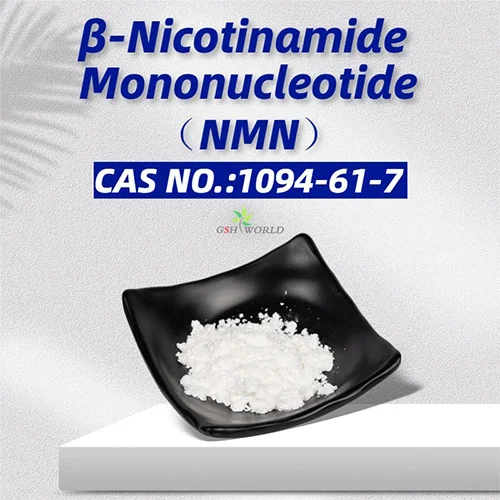Impact of citicoline on adolescent attention
Adolescence is a critical window for brain maturation and the consolidation of cognitive functions. Among these, attention—an essential cognitive capacity—directly shapes learning efficiency and daily behavioral regulation. In recent years, nutritional supplements have drawn intense interest as potential enhancers of cognition. Citicoline (CDP-choline), a compound with documented neuroprotective and cognition-modulating properties, has emerged as a research focus for its possible role in adolescent attention. A recent randomized controlled trial investigating citicoline's impact on attention in healthy teenage males now supplies the field with pivotal empirical evidence.
Citicoline's pivotal roles in the brain
Citicoline is not a synthetic novelty; it is an endogenous molecule that serves two intertwined functions in cerebral physiology. First, it acts as the key intermediate in the synthesis of phosphatidylcholine, the predominant phospholipid of neuronal membranes and thus indispensable for neuronal repair and functional upkeep. Second, it donates choline for the production of the neurotransmitters acetylcholine and dopamine—both canonical signals in attention circuits. Acetylcholine governs the speed of information transmission, whereas dopamine tunes prefrontal-cortex-mediated sustained attention and impulse control. Prior work has already shown that citicoline can enhance cognition and aid neurological recovery in adults, with a low incidence of adverse events.

Study design and findings
The investigators employed a rigorous double-blind, placebo-controlled protocol. Seventy-five healthy males aged 13-18 years were randomized: 51 received 250 mg or 500 mg of citicoline daily, and 24 received matched placebo capsules. The intervention lasted 28 days. Attention was gauged with validated neurocognitive instruments: the Ruff 2&7 Selective Attention Test (speed and accuracy of visual selective and sustained attention) and the Conners' Continuous Performance Test-II (CPT-II; signal-detection capacity and impulse control indexed by commission errors). Age, body weight, and baseline cognitive performance were covaried, and safety was monitored via the MOSES side-effect scale and serum metabolic panels.
After 28 days, the citicoline group exhibited significant attention gains. On the Ruff 2&7, task-completion speed rose from a baseline mean of 86.98 ± 22.62 to 104.90 ± 21.31 items per trial (p = 0.02 versus placebo), reflecting sharper visual selective attention. On the CPT-II, dose-adjusted analyses showed that higher citicoline intake predicted better signal-detection sensitivity (p = 0.03) and fewer impulsive commission errors (p = 0.01), indicating dose-dependent refinement of attentional control and impulse restraint. Safety profiles were comparable: mean MOSES scores were 0.73 ± 1.35 in the citicoline group versus 0.45 ± 1.53 in the placebo group (p = 0.46). Serum creatinine shifted slightly within groups but without clinical significance, confirming that 250-500 mg/day citicoline is well tolerated in adolescents.
Citicoline may serve as an adjunct for optimizing adolescent attention, yet it cannot replace foundational factors—regular sleep, structured exercise, and high-quality educational environments. Adolescents with marked attention deficits (meeting DSM-5 criteria for ADHD) should first seek professional evaluation and evidence-based interventions rather than relying solely on supplementation.
This study furnishes evidence-based support for citicoline's benefit to adolescent attention, but its use must be individualized and scientifically guided. Larger-scale, multicenter, long-term trials will further clarify citicoline's value in youth cognitive health, refining precision strategies for attention management in teenagers.
Reference: McGlade E, Agoston A M, DiMuzio J, et al. The effect of citicoline supplementation on motor speed and attention in adolescent males. Journal of Attention Disorders, 2019, 23(2): 121-134.
*Special note - This article is for informational purposes only and cannot replace a doctor's treatment diagnosis and advice. It should not be regarded as a recommendation or proof of efficacy of the medical products involved. If it involves disease diagnosis, treatment, and rehabilitation, please be sure to go to a professional medical institution to seek professional advice.
by GSHWORLD
GSH Bio Tech is China Biological API Manufacturer. China citicoline Supplements powder suppliers & best citicoline benefits raw material Factory.

